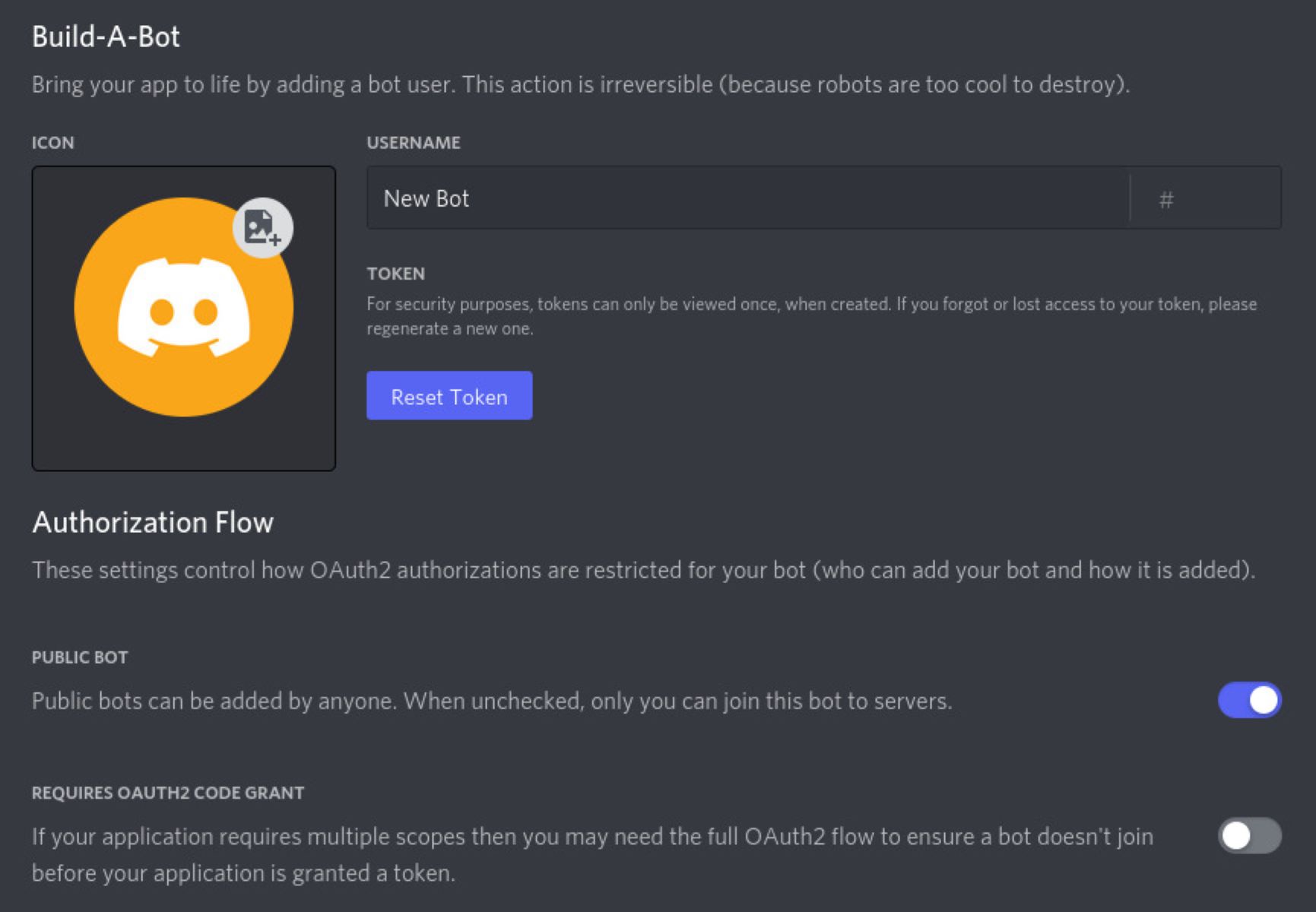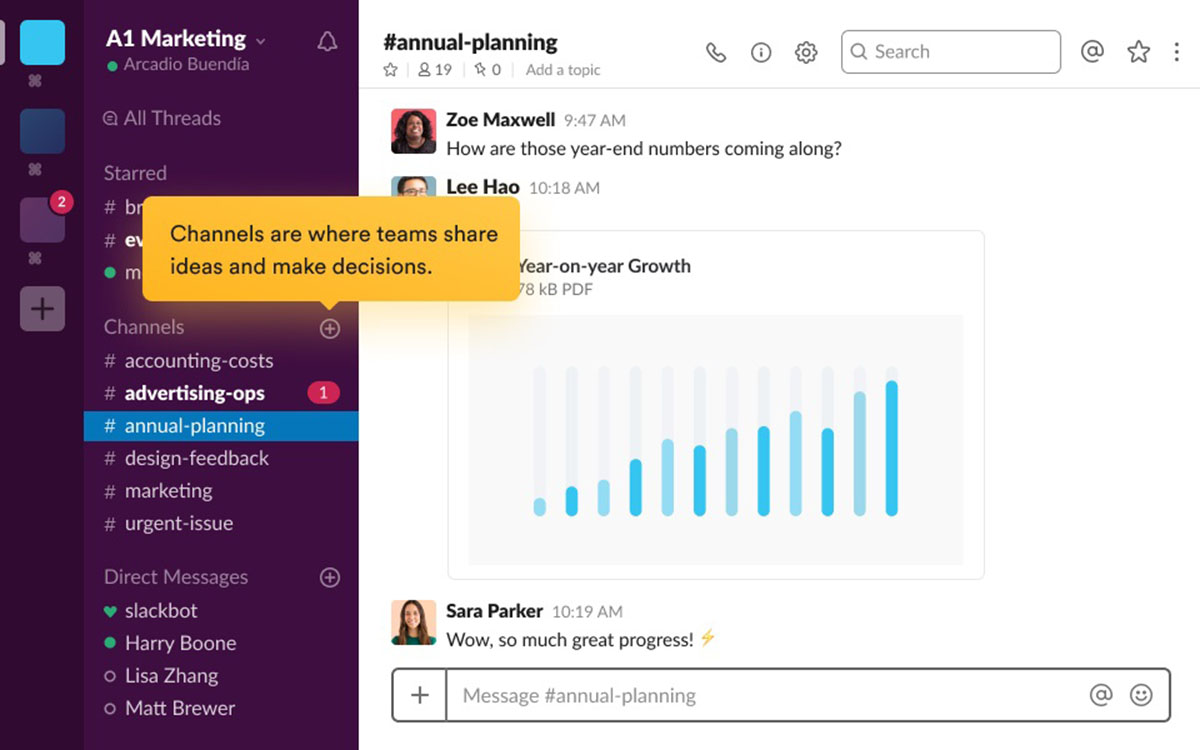Superpowered, an AI-powered notetaker for meetings, is undergoing a major transformation. The Y Combinator-backed startup has decided to pivot and rebrand itself as Vapi, an API provider that enables developers to easily create voice-based AI-powered assistants. This strategic move comes after three years of working on the original product, as the team sought to tackle a more challenging endeavor.
Key Takeaway
Superpowered, now known as Vapi, is shifting from a note-taking app to become an API provider for voice-based AI assistants.
The decision to pivot was not made lightly. Superpowered, which remains profitable, will continue to operate as the team brings someone in to run the existing notetaker product. Although the precise number of active users is unknown, Y Combinator revealed in June that over 10,000 people were using the product on a weekly basis.
The Birth of Vapi
The idea to build Vapi was born out of a personal problem faced by co-founder Jordan Dearsley. After moving to San Francisco and being separated from friends and family in different time zones, he felt the need for a more natural way to communicate. Dearsley built an AI bot attached to a phone number, allowing him to engage in conversation and sort his thoughts. However, he found the experience to be lacking authenticity, with delays, interruptions, and an unnatural voice.
Driven by this frustration, Dearsley and his team became fascinated with the challenge of creating a voice assistant that truly feels human. Today’s voice assistants are often clunky and turn-based, lacking the fluidity of a genuine conversation. Vapi aims to change that.
The Technical Side of Vapi
Technically, Vapi is currently utilizing a combination of third-party APIs to build a robust voice conversation platform. The company leverages solutions from Twilio for telephony, Deepgram for transcription, Daily for audio streaming, OpenAI for responses, and PlayHT for text-to-speech.
While Vapi has already attracted ScaleConvo, a startup in the YC winter batch of 2024, other clients have not been disclosed. Nevertheless, Vapi is opening up its API today, introducing Vapi Phone and Vapi Web products to the public.
Challenges Ahead for Vapi
Reducing latency is one of the main challenges that Vapi faces. Magnus Revan, a former Gartner analyst and chief product officer at Openstream.ai, explains that OpenAI models typically take 2-10 seconds to generate a response, while the industry standard for phone conversations is around 700ms. Vapi’s current latency ranges from 1.2-2 seconds, but Dearsley expects that to improve to under one second in the coming month through both Vapi’s own efforts and OpenAI’s advancements.
Angel investor Mohamed Musbah believes that Vapi’s platform will benefit from overall improvements in AI models and APIs. As these technologies advance, Vapi’s knowledge bases, code execution capabilities, and understanding of context will become more powerful. Musbah sees Vapi’s focus on addressing the greatest friction points in voice communication as a key advantage.
While Vapi’s reliance on external APIs may reduce its defensibility against big companies entering the space, the team highlights their infrastructure’s ability to handle thousands of calls simultaneously as a competitive edge. Furthermore, with the launch of Vapi’s web and phone APIs, the team plans to develop its own models for audio-to-audio solutions.
As Superpowered undergoes its transformation into Vapi, it aims to revolutionize voice-based AI assistants and create more natural and engaging conversations. By providing an easy-to-use API for developers, Vapi seeks to change the way we interact with voice technology.

























